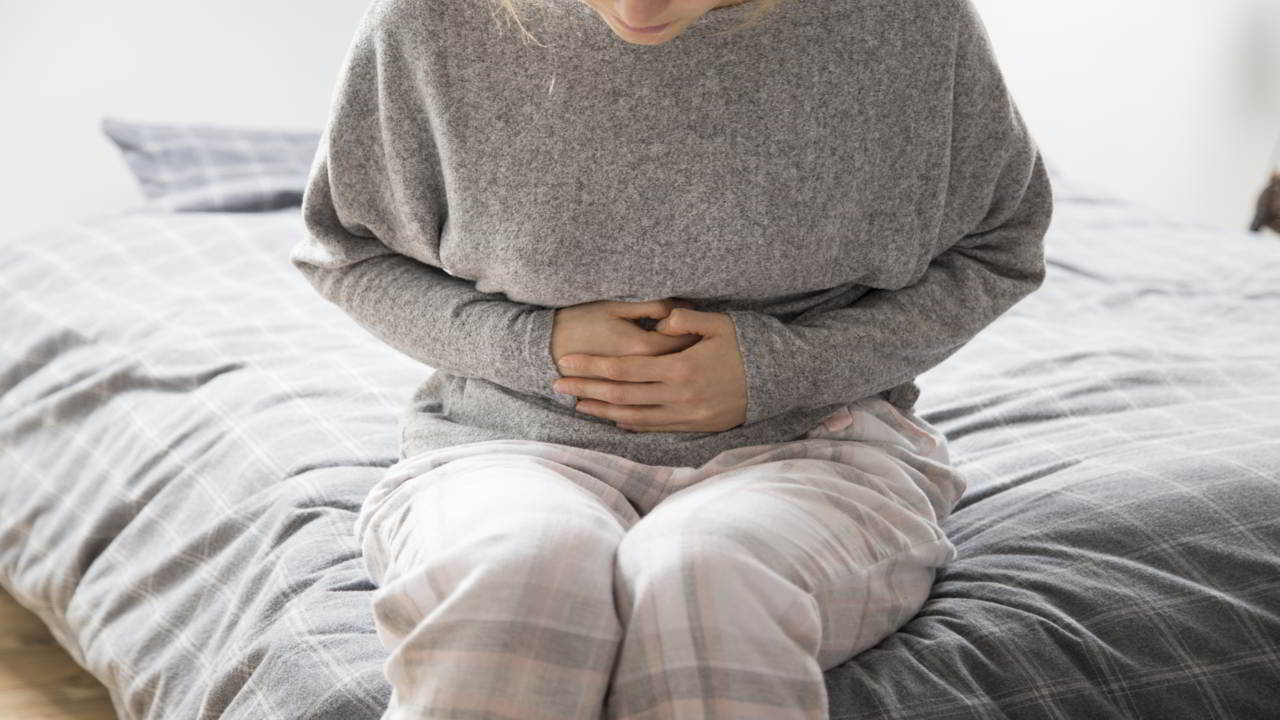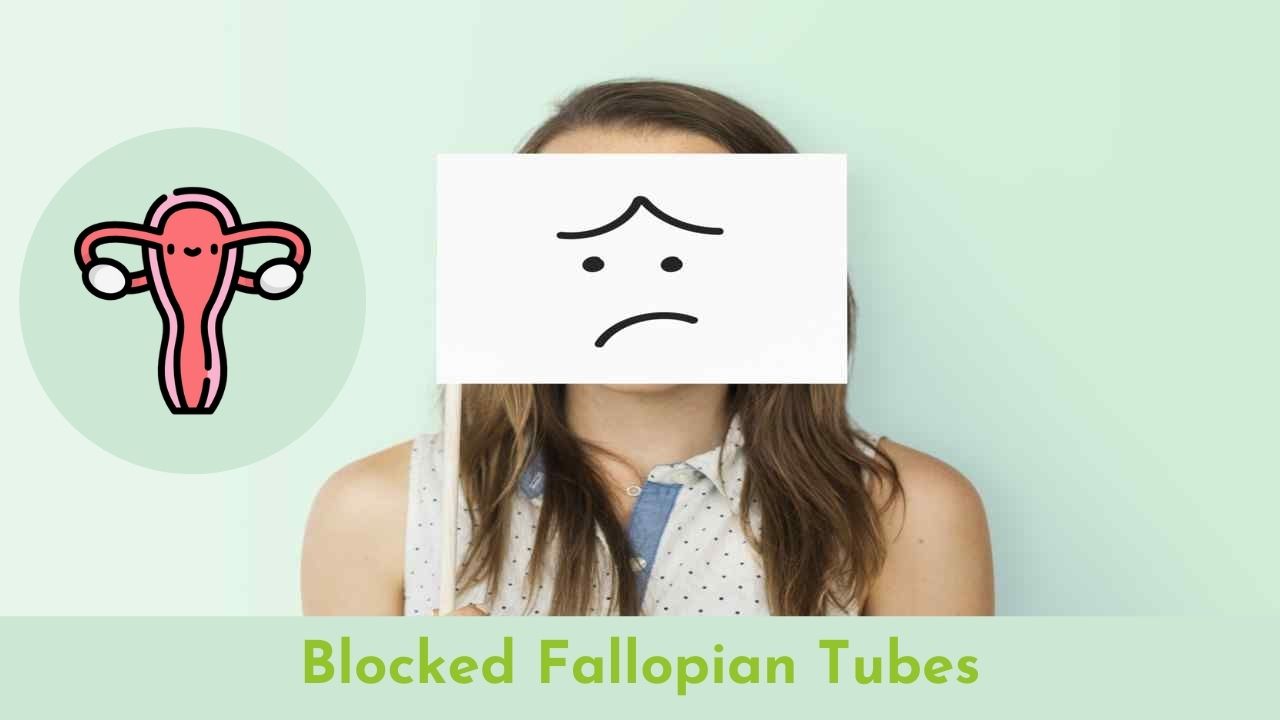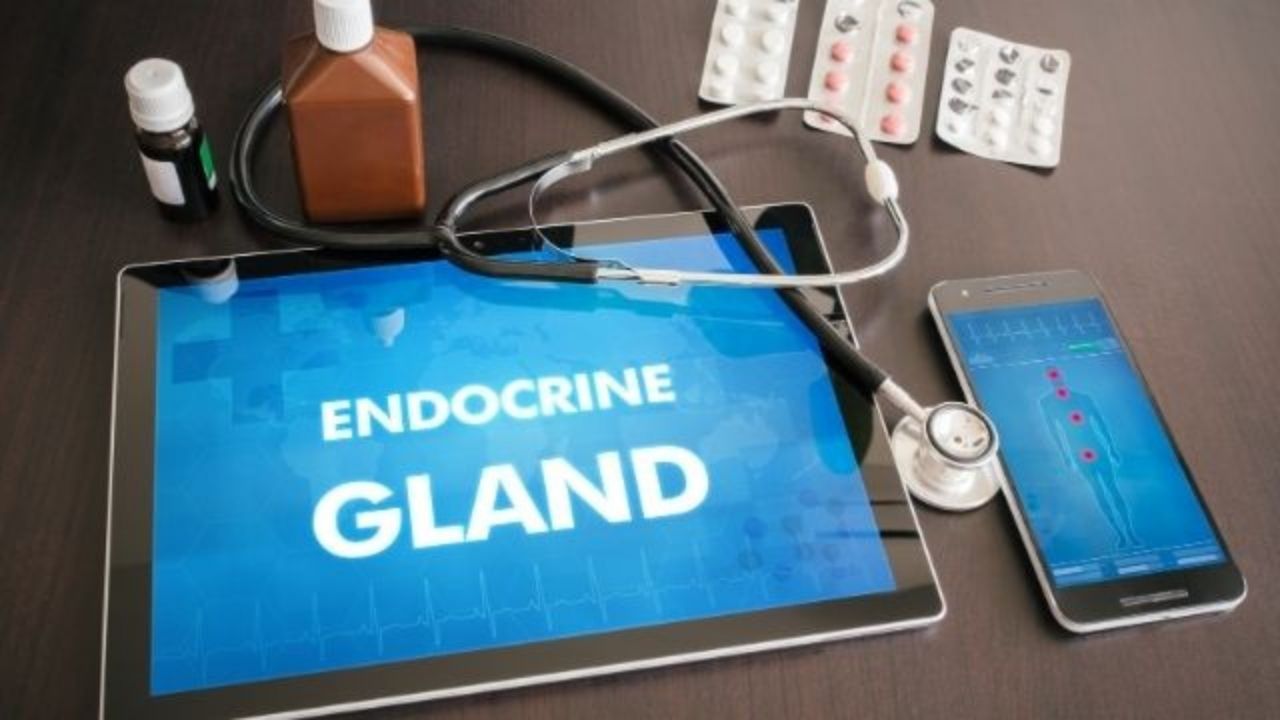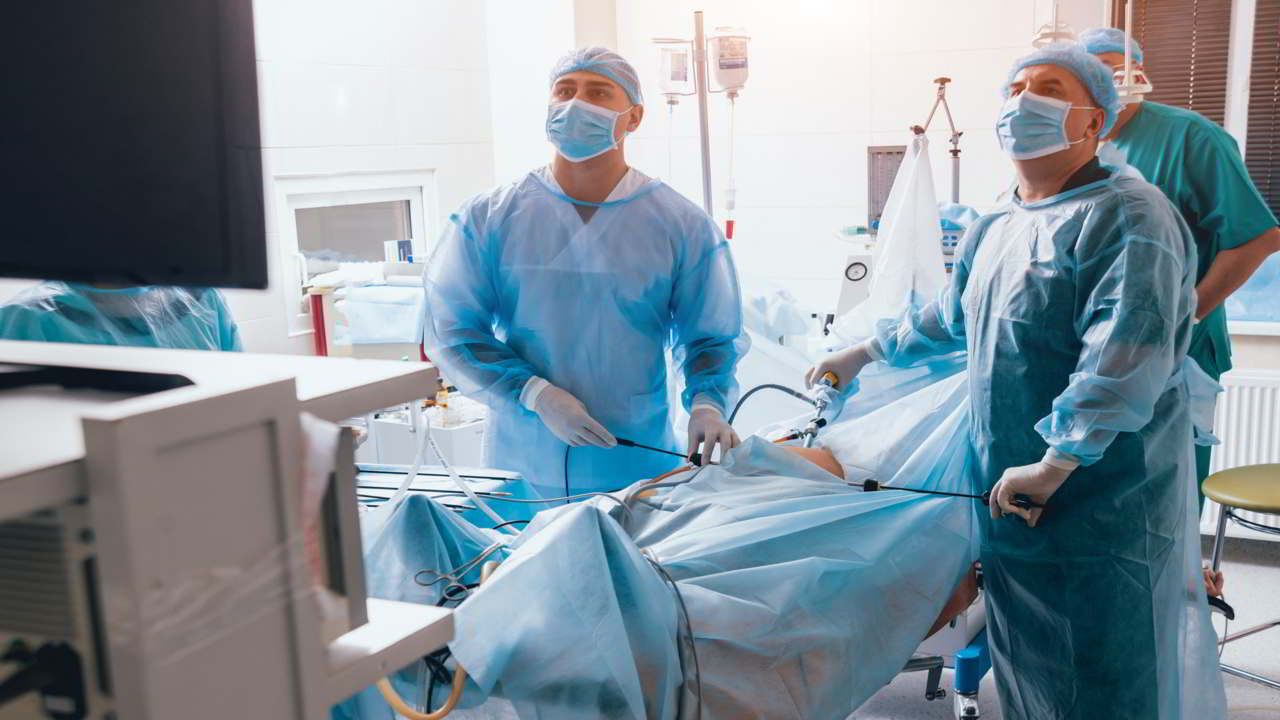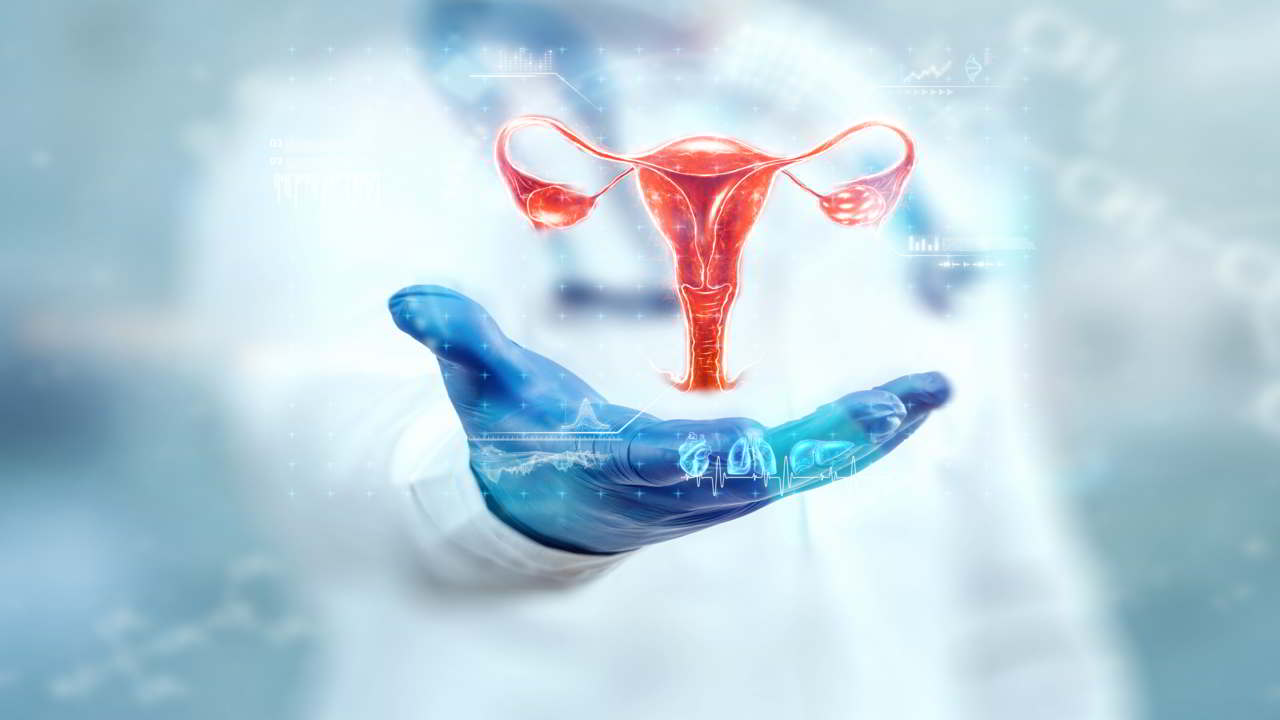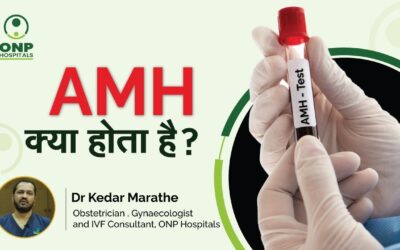As a pediatrician at ONP Hospitals, I’ve witnessed countless stories of resilience and recovery, but one case stands out—little Anaya’s story. Anaya, a spirited four-year-old, came to us after a severe finger injury that happened while she was playing in the backyard....

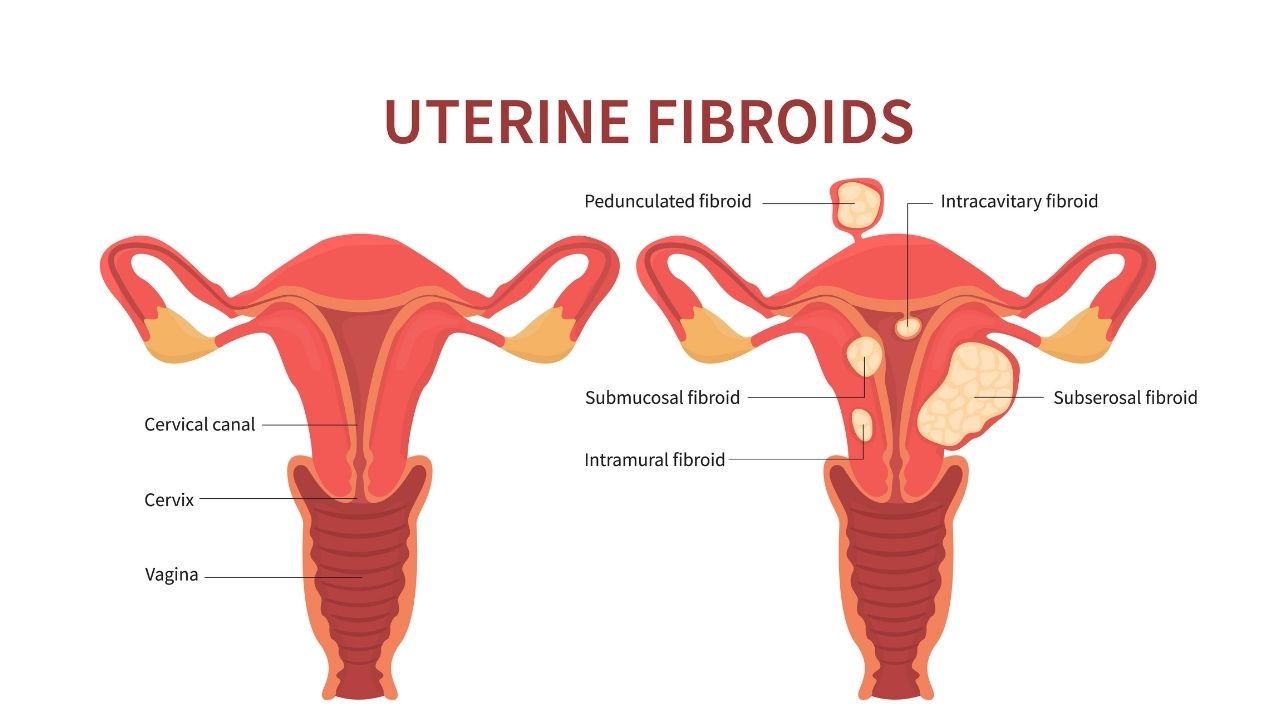
Overview
Uterine fibroids are benign growths that often occur throughout a woman’s reproductive years. Lesions, or myomas, are benign uterine fibroids that seldom develop malignantly.
Fibroids range in size from microscopic seedlings to enormous clumpy masses that may distort and stretch the uterus. Fibroids may be single or many. Multiple fibroids may cause the uterus to grow to the rib cage, causing weight gain.
Most women will develop uterine fibroids at some time in their lives. Due to the lack of symptoms, uterine fibroids may go unnoticed for years. If not managed or treated on time, it can result in complications.
Keep reading to learn more about fibroids.
Everything You Need To Know About Uterine Fibroid
What are Uterine Fibroids?
The uterus is a pear-shaped organ in your pelvis that is located on its side. Your uterus is about the size of a lemon when it is healthy. It is where a baby develops and grows when a woman is pregnant. Fibroids in the uterus are tumors that develop from the uterine muscle and connective tissue. Most of the time, these growths are not malignant (benign).
Causes
The aetiology of uterine fibroids is unknown, although the following variables have been found in research and clinical practice:
- Genetic changes: Many fibroids have gene alterations that aren’t seen in normal uterine muscle cells, such as uterine cancer.
- Hormones: In addition to boosting uterine lining development during menstruation, estrogen and progesterone seem to speed up the creation of fibroids. Compared to uterine muscle cells, fibroids have higher estrogen and progesterone receptors. Hormone reduction causes fibroids to shrink after menopause.
- Other growth factors: Insulin-like growth factors and other substances that aid in tissue maintenance may impact fibroid development.
- Extracellular matrix (ECM): ECM is the substance that binds cells together like cement. Fibroids have an increased amount of ECM, which causes them to become fibrous. ECM also serves as a repository for growth factors and induces cellular alterations.
Symptoms
Aside from frequent monitoring by your Uterine fibroids specialist, called an obstetrician-gynecologist (Ob/GYN), most fibroids don’t produce any symptoms and need treatment. Fibroids are described as asymptomatic when they cause no symptoms. Having larger fibroids may result in a wide range of symptoms, including the following:
- Excessive or uncomfortable menstrual bleeding (menstruation)
- Bleeding in the intervals between your menstrual cycles
- Feeling bloated or full in the lower abdomen
- Urinating regularly (when a fibroid presses on your bladder, it’s possible to have this problem)
- Having pain when having a sexual relationship
- Back discomfort that won’t go away
- Constipation
- Chronic discharge from the cervix
- An unwillingness or inability to pee or to empty your bladder
- The appearance of being pregnant is exacerbated by increased belly distension (enlargement)
- Because your body’s hormone levels decrease after menopause, uterine fibroids’ symptoms normally settle or disappear
Treatments
To deal with fibroids, you may use a variety of methods. The optimal therapy for you will be determined by whether or not you are experiencing symptoms, whether or not you wish to get pregnant, as well as your age and the location of your fibroids.
- Watchful waiting: However, your doctor may advise you to wait and see if you develop any more serious symptoms. Fibroids are benign tumors that don’t spread. After menopause, they may potentially decrease or disappear completely.
- Medications: Fibroid medications work by alleviating the symptoms you’re experiencing. Fibroids won’t go on their own, but some drugs may help them shrink. Aside from pain and bleeding, they may assist with other symptoms as well.
- Oral birth control can reduce bleeding: When it comes to pain relief, non-steroidal anti-inflammatory drugs like ibuprofen and acetaminophen might be of assistance. If you have anaemia as a consequence of heavy bleeding, vitamins, and iron supplements may help you feel more energized.
Other medications include:
- Oriahnn: Elagolix (a GnRH antagonist), estrogen, and progestin are used in this treatment for excessive menstrual bleeding since it is the first FDA-approved non-surgical, oral drug alternative for this condition. Taking the drug helps to cut down on bleeding by half.
- Gonadotropin-releasing hormone (GnRH): By inhibiting estrogen and progesterone, this temporarily induces menopause in women. Fibroids may shrink as a result of this treatment. Before you undergo surgery, your doctor may decide to use this method.
Surgery
Surgery may be required if your symptoms are severe or moderate. There are several possibilities, including:
- Myomectomy: This procedure removes fibroids while sparing surrounding healthy tissue. If you want to try to get pregnant in the future, this may be your best choice. A myomectomy may be performed in a variety of techniques, ranging from open surgical treatment to laparoscopy.
- Endometrial ablation: The lining of your uterus may be removed or destroyed by a surgeon using a laser, wire loops, hot water, electricity, microwaves, or freezing. This small surgery may be performed as an outpatient procedure. After that, your periods will likely end and you won’t be able to get pregnant again.
- Hysterectomy: With this procedure, your uterus is entirely removed. Fibroids can only be cured completely with this method. It’s a severe operation, but your doctor can do it through gynecology laparoscopy or even an incision through the abdomen.
Conclusion
Uterine fibroids are a common condition that affects many women at some time in their life. Some fibroids may be so little that they display no symptoms. Fibroids may cause several unpleasant symptoms. If you’re in pain, schedule an appointment with our doctor. Fibroids may be treated, and the symptoms often improve.
Sub Services
What Patient has to say about us
People heavily rely on reviews from other patients when choosing a healthcare provider
Our Patients Many many happy returns of the day......... The best doctor in the world My mother was suffering from severe pain in both knees and spine. Dr. Aashish arbat sir has operated today after 15days she is doing every thing thank you Dr aashish arbat sir and team Especially the major support was from Dr Ram sir from admission to dischatge and follow ups and taken care very nicely thanku Dr. Ram sir Our Patients After enduring knee pain for the past decade, my mother sought advice from various doctors in Nagpur, Nashik, and Pune. They all recommended knee replacement surgery, but it was only when we discovered Dr. Aashish Arbat and the option of robotics surgery that we made the decision to proceed. The surgery took place on June 23, 2023, and it turned out to be an incredible experience. To our astonishment, on the morning of June 24, my mother was able to stand on her own legs and even take a few steps. This remarkable progress was made possible due to the advanced assistance of robotics arm and Artificial Intelligence. Dr. Aashish Arbat is an exceptional and highly experienced surgeon, and we are immensely grateful for his expertise. We also extend our appreciation to his colleagues, Dr. Sharma and Dr. Ram, for their excellent skills and compassionate nature. Our heartfelt thanks go out to the entire team for enabling my mother to live a pain-free life Our Patients My mother got her both robotic knee replacement from sir on Oct 2021. The team and sir have made the complete process seamless. Especially my mother was very comfortable post her surgery. Thank you Dr Arbat and team. Our Patients Our Patients Our Patients Hello. My wife has severe arthritis in her body knees since 2017. We communicated many doctors but she was not happy. We visited Dr arbat for same issue and he came up with robotic knee replacement solution which suited her accurately and she is walking 5-6km daily without hesitation and living comfortably. Thanks Dr. Aashish Arbat and his new technology.![]()
Chhaya Kate
![]()
pravin kharat
![]()
T Srivalli
![]()
Mohan Satavekar
![]()
VIVEK PANDEY
![]()
Subhash Bobade
Blogs
Addressing Childhood Obesity: Preventative Measures and Healthy Lifestyle Choices
Childhood obesity is growing concern. More kids are affected every year. Tackling this issue early is crucial. This ensures children grow up healthy and happy. Fortunately, there...
Healthy Sleep Habits for Children: Tips for Parents
Good sleep is essential for children’s health and development. Yet getting kids to sleep can sometimes feel like an uphill battle. Establishing healthy sleep habits early on sets...
The Role of Diet and Nutrition in Managing Encopresis in Children: Insights from Dr. Amita Phadnis
Encopresis, a condition characterized by involuntary soiling in children, can be distressing for both the child and their family. First and foremost, complete treatment of...
Videos
Dr. Amita Phadnis’s Full Speech on Survival & Health Rights at UNICEF India.
Dr. Amita Phadnis ,M.D., Gave a Motivating Speech
Breast cancer is cancer that forms in breast cells. Women are mostly diagnosed with this cancer. Although it can be seen in both men and women
What is AMH
The granulosa cells in your ovarian follicles create the anti-Mullerian hormone, often known as AMH. According to the American College of Obstetricians and Gynecologists (ACOG), the generation of AMH is a reflection of your ovarian reserve.
FAQ’s
Pregnancy and Migraine Headaches: What Women Need to Know
When you are pregnant or breastfeeding, then you should be aware that migraine headaches are a normal part of the journey. Pregnant women might feel headaches owing to...
What Is the Problem of Orthopedics in Children?
While orthopaedic problems are commonly seen in and associated with the elderly, it’s important to be alert regarding the fact that they can afflict young people and children as well.
All You Need to Know About Reproduction
Most science students have to study about reproduction in their high school syllabus, and some learn from their parents, who may discuss it even earlier. It’s a very good thing to know about our own bodies…
Explore All Departments

ONP Prime

ONP Leela

IVF

Oncology

Pediatrics

Urology

Neonatology

Ophthalmology

Orthopedics

Gynaecology

Cardiology

IVF

Oncology

Pediatrics

Urology

Neonatology

Ophthalmology

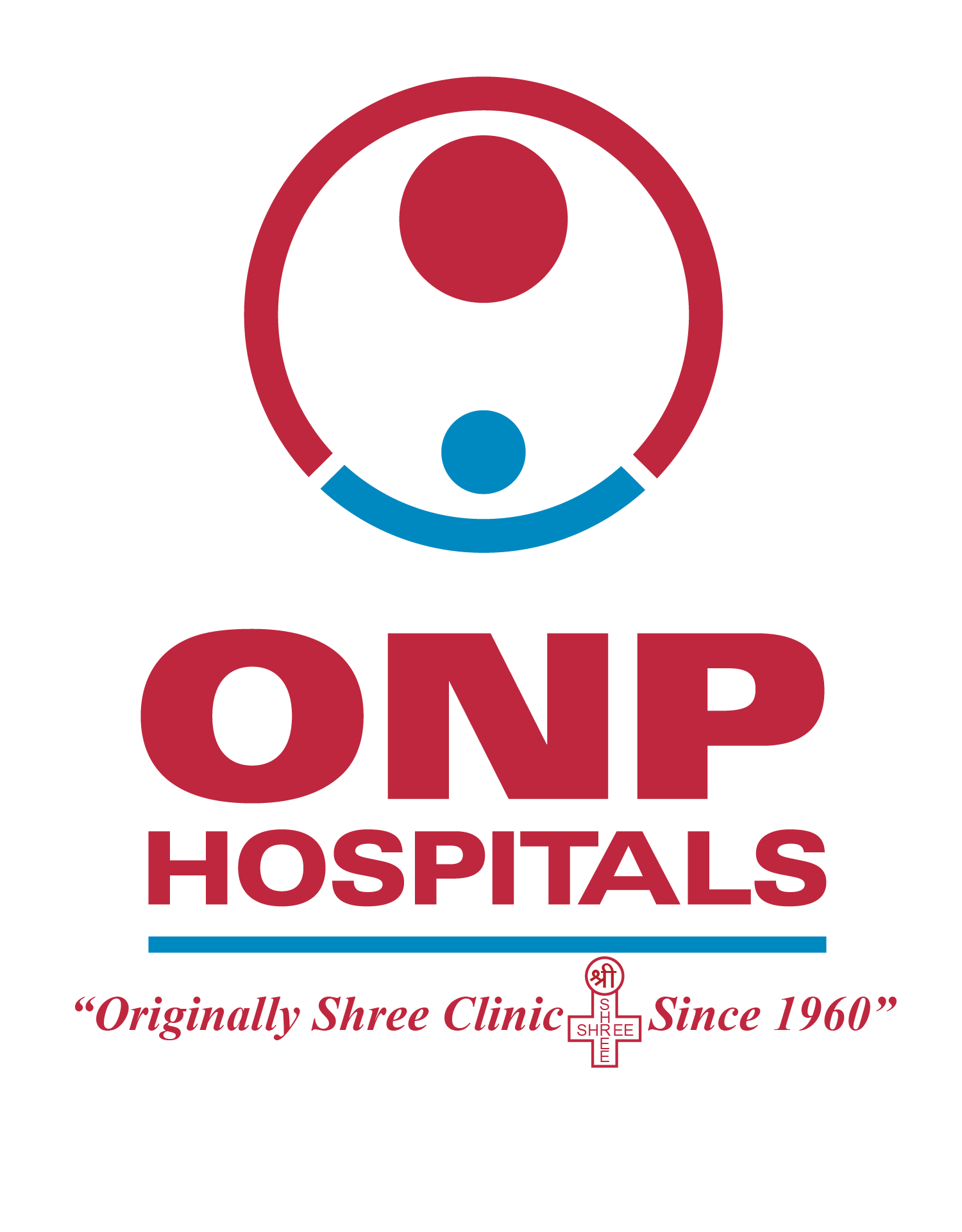

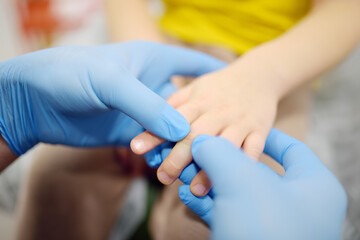
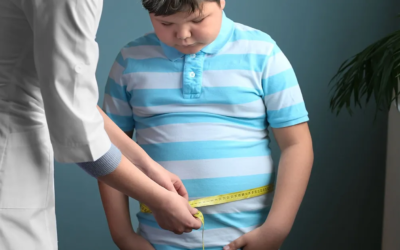
 Home
Home
